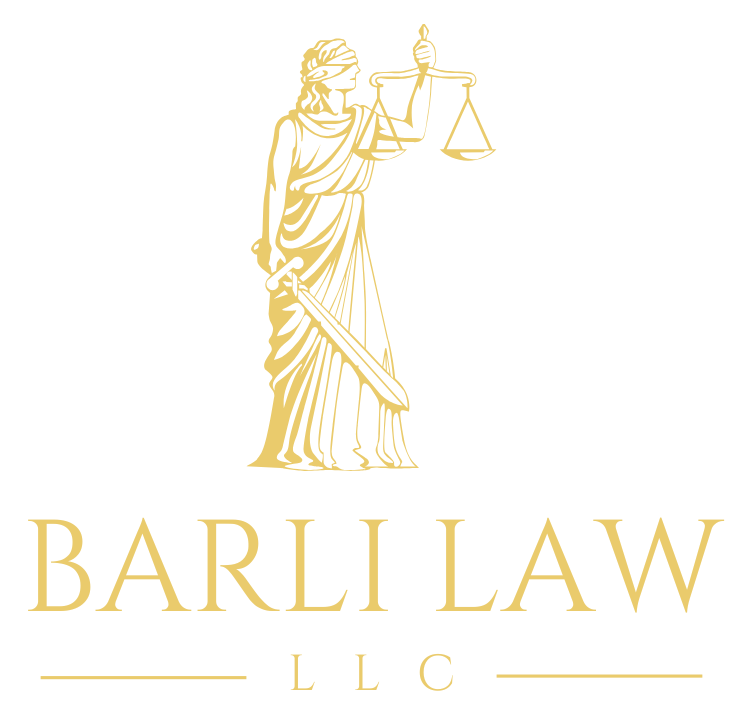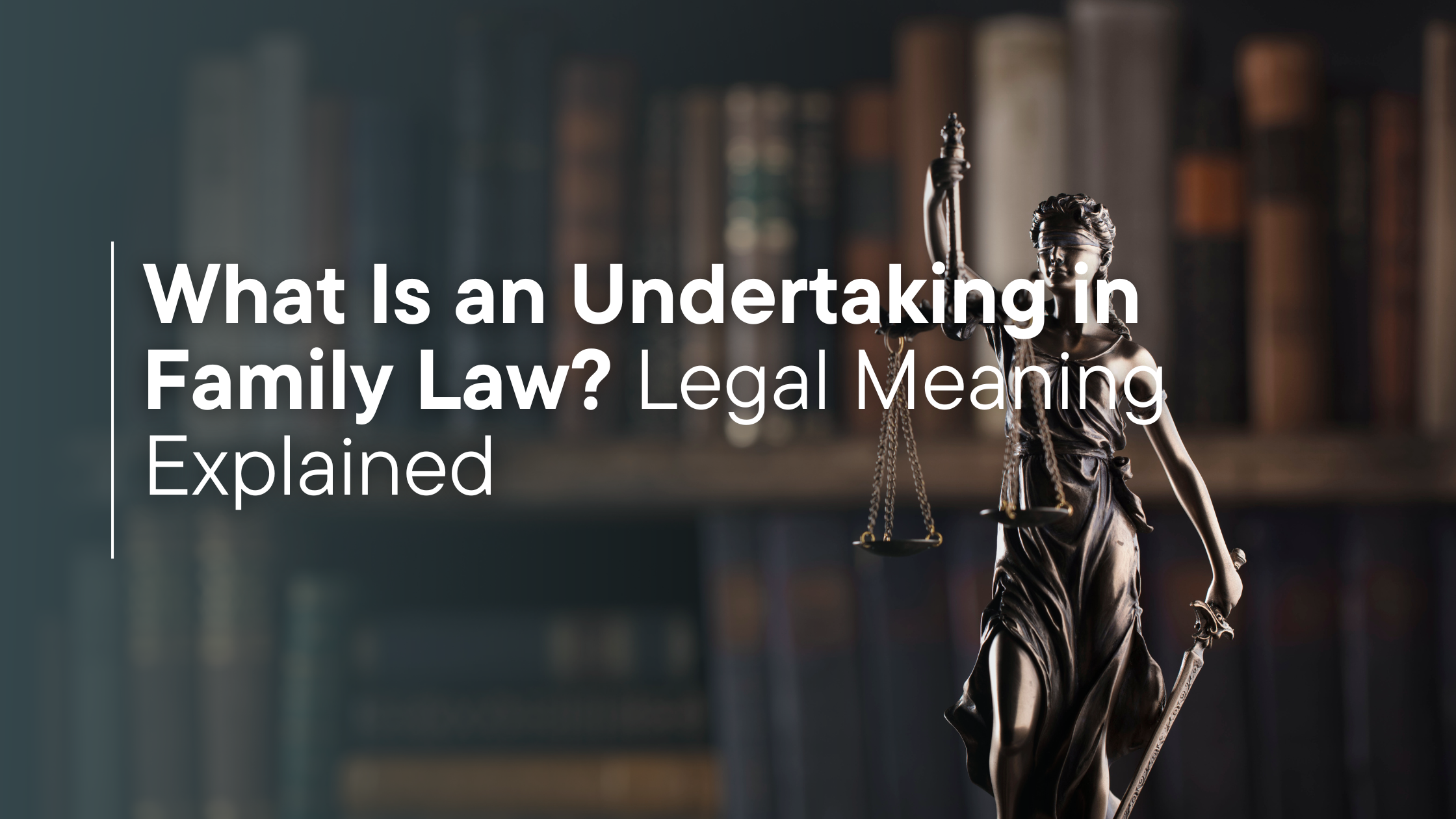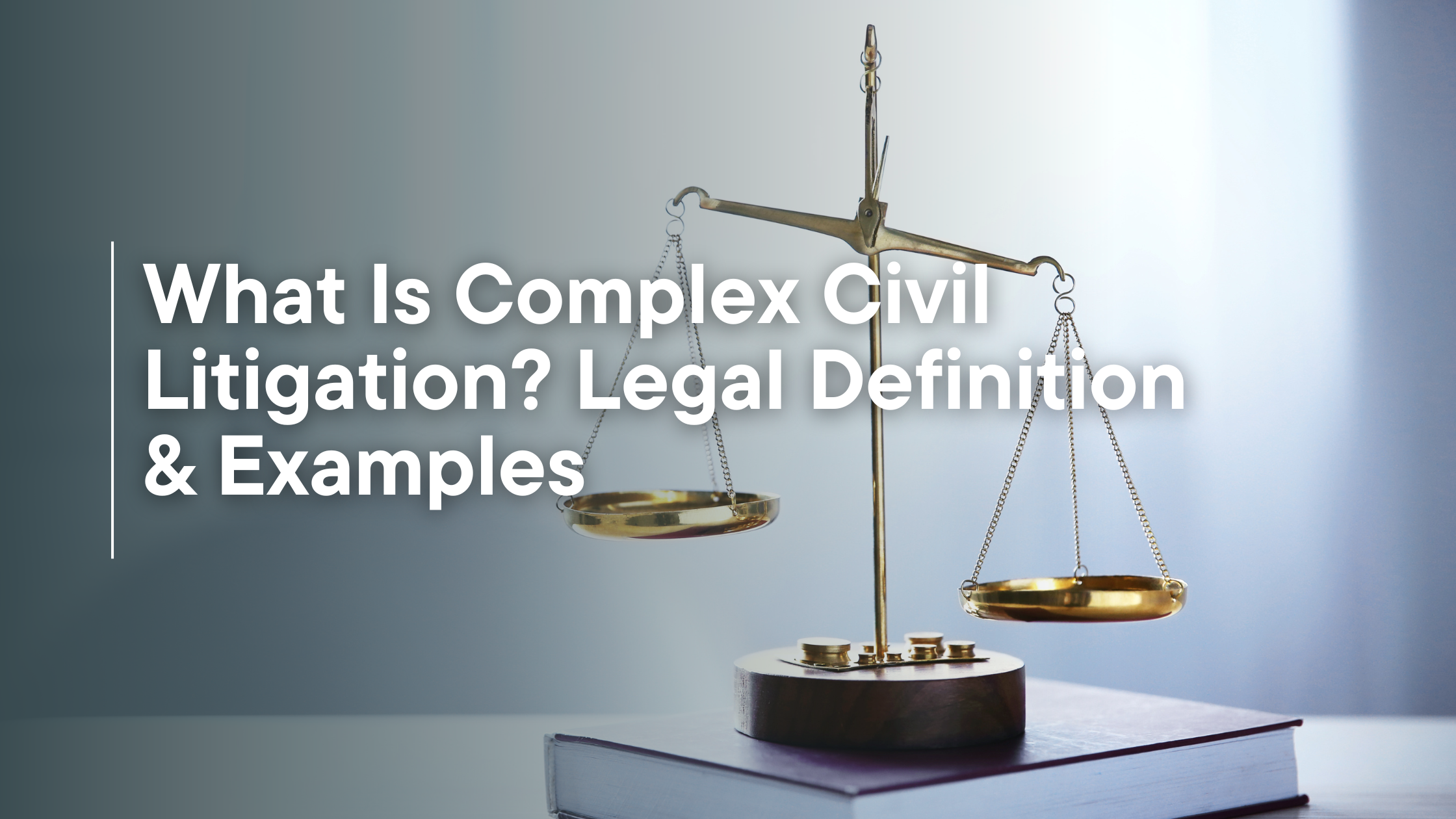On behalf of Barli Law LLC posted in blog on Monday, January 29, 2018.
One of the most problematic elements of a divorce proceeding is the distribution of assets. The older you are and the longer your marriage survived, the more difficult it is.
Besides the marital home and any other real property you might have, retirement accounts are near the top of the list of assets that require a fair division.
Equitable distribution
New Jersey is an equitable distribution state, which means the court will not normally split the assets of a divorcing couple 50-50. A judge will instead divvy up the assets in a way that is fair and equitable to both parties. In making a determination, the court will consider factors such as the length of the marriage plus each party’s financial situation and earning power.
The QDRO
The purpose of a Qualified Domestic Relations Order is to ensure the proper distribution of 401(k) funds. Different types of retirement accounts, such as other employer-sponsored plans or pensions, will require a separate QDRO.
Minimizing taxes
There are different tax implications for different retirement accounts. For example, your contributions to an IRA or a 401(k) are pre-tax, but you pay income tax before you make contributions to a Roth IRA. During your divorce proceeding, making distributions out of various types of retirement accounts will trigger certain taxes, but your attorney can help you understand the process so that the huge tax consequences do not surprise you.
Receiving distributions
You have some options when it comes to receiving retirement account distributions. You can ask for a direct transfer, which would allow you to pull the assets into a retirement account of your own. You can also defer accepting a distribution until your soon-to-be ex retires or take your portion out in cash.
Staying positive
If you and your spouse are in agreement on the divorce, you may also be able to agree on the distribution of assets, like a 401(k), which would save time, money and considerable stress. An attorney experienced with both uncontested and contested divorces will tell you that despite the relationship that remains, both parties will receive equitable treatment with regard to the division of assets, including those all-important retirement accounts.




